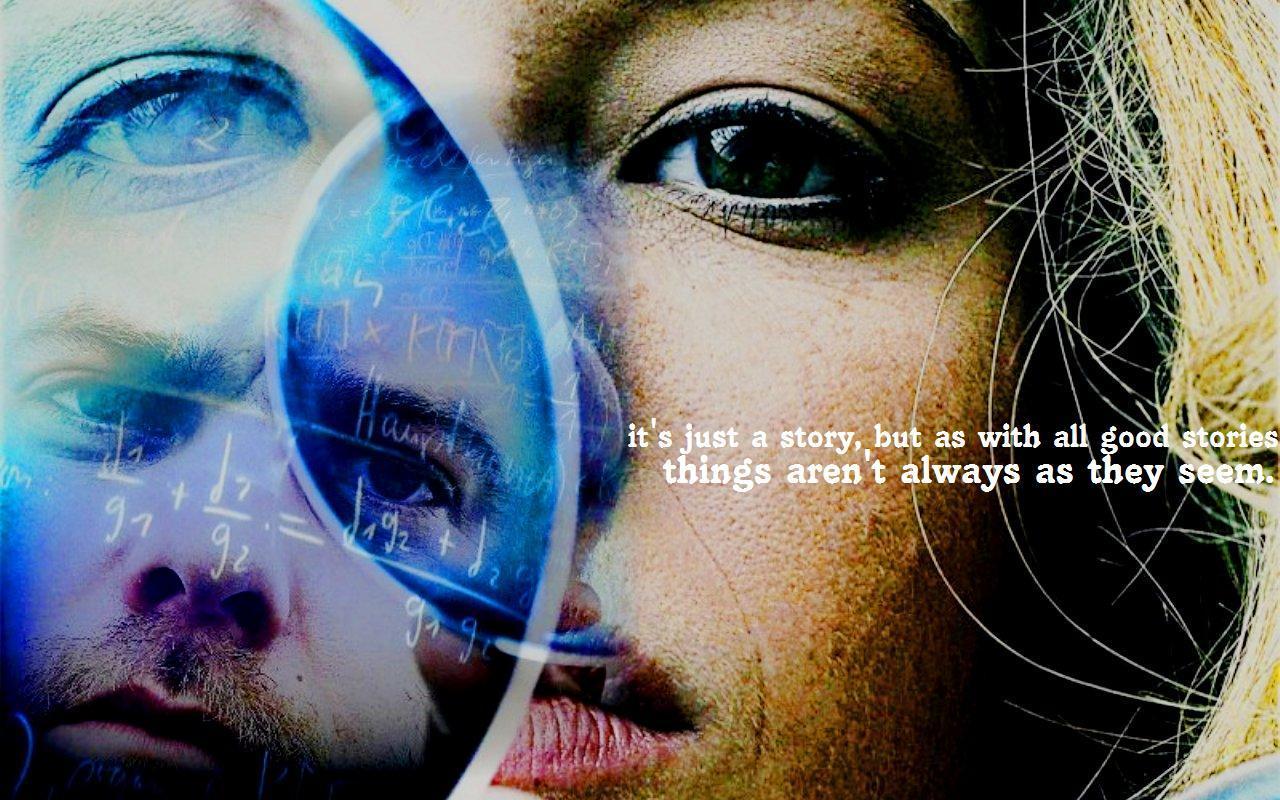Yesterday’s episode of Fringe, “A Better Human Being,” explored a couple of interesting religious and philosophical themes related to modern science and scientific possibilities.
The more obvious of the two relates to the doctor who, when using IVF to help women get pregnant, implanted them with “improved” genetic material to try to make “a better human being,” one in which some of our latent abilities were reactivated. The doctor in question refers to the hubris of “trying to improve upon God.”
That classic sci-fi objection to “scientists playing God” rings somewhat hollow, now that we know so much more about the evolutionary and genetic processes that are directly responsible for the form that human existence now takes. Evolution, a process which cobbles and tinkers, has put us together, and on the one hand, it is not unthinkable that human intelligence could indeed improve upon what evolution has come up with. It is logical to think that real, actual intelligent design would be superior to the products of evolution, at least in theory. Yet on the other hand, as the products of evolution ourselves, we are only at the early stages of grasping the processes that made us and the stuff we’re made from. If evolution is rather like the inferior demiurge of Gnosticism, then we are not yet superior to that creator.
(On the topic of “Scientists Playing God,” see further Alison Bright Macwilliams’ chapter in Religion and Science Fiction

A more subtle philosophical and ethical exploration in the episode relates to the increasing degree to which Olivia is remembering the memories of Olivia as Peter had previously known her. It remains to be seen whether this is due to those memories coming from another universe, where “Peter’s Olivia” still exists, or whether this is due to Olivia regaining memories that were once her own, but which were lost when Peter was erased and the timeline rewritten.
But Peter’s dilemma in trying to decide how to respond to this situation provides an interesting philosophical conundrum, and a good opportunity to reflect on human personhood. If this Olivia is a parallel Olivia to the one Peter fell in love with, who has somehow come to remember the memories of that Olivia, then if Peter has a romantic relationship with her, is he being unfaithful to “his” Olivia? This is a somewhat different situation than that in which Peter was tricked by Fauxlivia into thinking that she was his Olivia.
This is not the first time that the show has touched on this topic in some way. Indeed, this episode made mention of the earlier one in which a couple, each of which had lost their spouse, forged a connection with a parallel version of that spouse in a parallel universe.
It is an interesting philosophical issue raised on Fringe. If there is indeed more than one of everything, and everyone, in an infinite universe or in a multiverse, then where does that leave the connections we forge, the love we feel, and the promises we make? Is a parallel version of someone that is 99% the same as the person that you vowed to remain faithful to and love forever the “same” person or a “different” one – or are such questions even meaningful?

The ending of the episode has quite a twist to it. Presumably we are to understand that Nina Sharpe had been replaced with a shapeshifter – providing yet another, somewhat different aspect of the philosophical and ethical problems raised on a show when there is more than one sense in which there is “more than one of everything.”